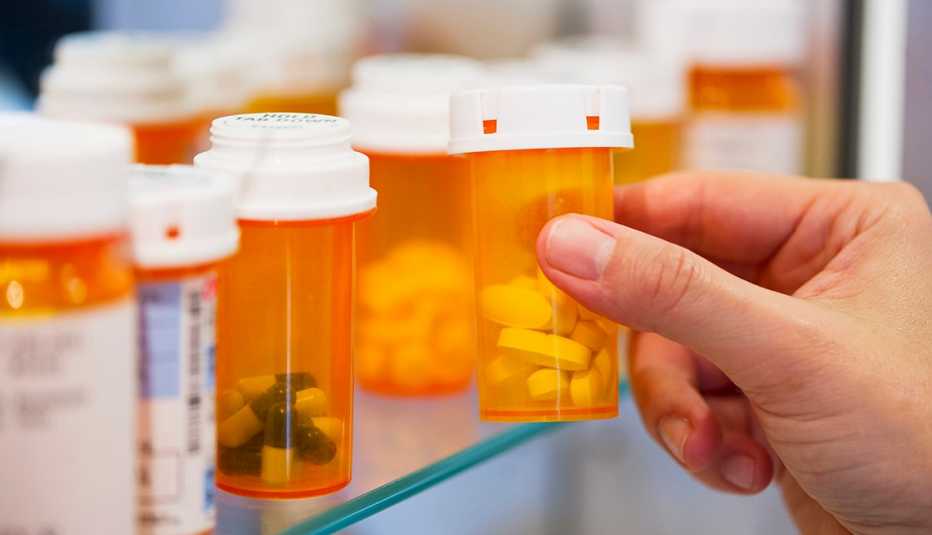AARP Hearing Center


The Drug Enforcement Administration (DEA) will host its latest National Prescription Drug Take Back Day on Saturday, April 26, from 10 a.m. to 2 p.m. at thousands of locations nationwide.
During this time, anyone may anonymously dispose of old, unwanted or expired medications at a collection site. (Search for a nearby site here.)
“The drug overdose epidemic in the United States is a clear and present public health, public safety, and national security threat,” the DEA said in a statement. “While the community does its part to turn in unneeded medications and remove them from potential harm, we are doing our part to further reduce drug-related violence.”
Held twice a year, this is the 28th National Prescription Drug Take Back Day since the program’s inception in 2010. Since then, over 19 million pounds of drugs have been removed from circulation.
When medications are no longer needed and taken without a prescription or a doctor’s supervision, they can be as dangerous as street drugs or be a gateway to addiction. Nonmedical use of prescription drugs ranks second to marijuana as the most common form of drug abuse in America, according to the DEA.
Older adults are commonly prescribed multiple drugs — 42 percent of adults 65 and older take five or more drugs monthly, and at least 18 percent take 10 or more — and may be more likely than younger adults to possess unused or unwanted drugs, according to a 2019 report from the Lown Institute.




































































More From AARP
10 OTC Medications That Become Risky With Age
Many popular pills can have surprising side effectsAre You Taking Too Many Drugs?
Nearly half of older adults take at least five daily medications
Rxs That Can Land You in the ER
JAMA study highlights which medications older adults must watchTry These Tips for Living a Healthier Life
Small changes can add up to big mental and physical results
Recommended for You